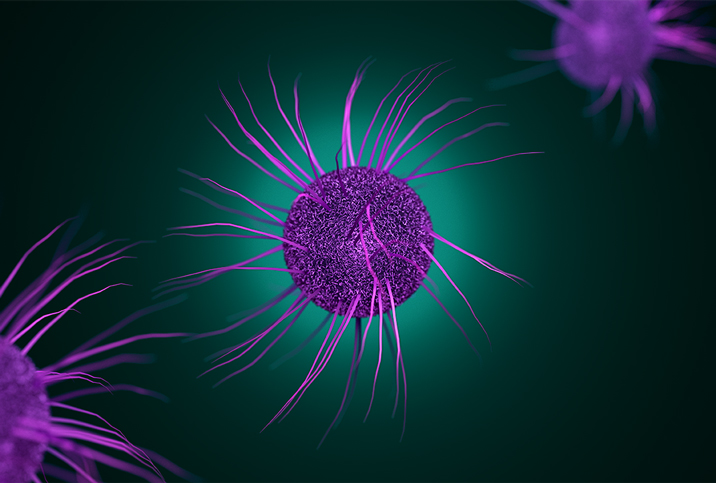Maybe Your Urethritis Is Caused by Mycoplasma Genitalium

Perhaps you don't think about your urethra much until it's upset with you; that is, when it feels like it's on fire when you're urinating. That attention-grab from this overlooked part of your body might be urethritis, a type of urinary tract infection (UTI) in which bacteria infect and inflame the urethra, making it extremely painful and difficult to urinate.
When left untreated, urethritis can lead to potentially dangerous complications. But an important part of treating urethritis is knowing the exact cause of it in the first place.
Causes of urethritis
Urethritis can occur for a number of reasons. Sometimes, the infection is caused by the spread of gastrointestinal bacteria from the anus to the urethra. Other times, it can be caused by sexually transmitted infections (STIs) and diseases (STDs), including gonorrhea, chlamydia, herpes and mycoplasma genitalium.
Mycoplasma genitalium, in particular, has been linked to urethritis in men. The bacterium, first identified in the early 1980s, is responsible for 15 to 30 percent of various types of urethritis cases, according to the Centers for Disease Control and Prevention (CDC). Considering mycoplasma genitalium's prevalence and strong links to urethritis in men, the CDC cited it as an emerging problem in 2015, and some medical publications have called it a potential "superbug."
It's not uncommon for the cause of urethritis in men to be misdiagnosed, because mycoplasma genitalium is a slow-growing organism, making it difficult to detect even in lab samples. Diagnostic efforts have improved somewhat in recent years, as the U.S. Food and Drug Administration permitted the use of the first test for mycoplasma genitalium in 2019. According to experts, men should be tested for mycoplasma genitalium if they have persistent or recurrent cases of urethritis.
Treatment and prevention
If your urethritis is caused by mycoplasma genitalium, you're likely wondering about how you should treat it. Unfortunately, this bacterium doesn't have a cell wall, making it tricky to treat because most traditional antibiotics, such as penicillin, work in part by damaging the walls of infected cells.
While medical experts are still researching the best ways to effectively treat mycoplasma genitalium, it's currently addressed with medications such as azithromycin. If the infection is resistant to that drug, then you may be prescribed moxifloxacin. Mycoplasma genitalium is known to be resistant to some of these medications, so adjustments are sometimes made on a case-by-case basis.
Aside from its link to urethritis in men, there's still a lot we don't know about the ways untreated mycoplasma genitalium can affect the body. This STI is often asymptomatic, making it more difficult to detect without routine STI testing, and researchers are working to find out whether it could cause fertility issues when left untreated.
As an STI, mycoplasma genitalium can only be prevented by abstaining from sex completely or always using protection—which goes for oral sex, too. If you find out you have mycoplasma genitalium, be sure to abstain from sex until you have been successfully treated, so you don't spread it to your partner. There is still a lot to be learned about the other short-term and long-term effects of mycoplasma genitalium, so the best action to take in the meantime is to protect yourself.

















